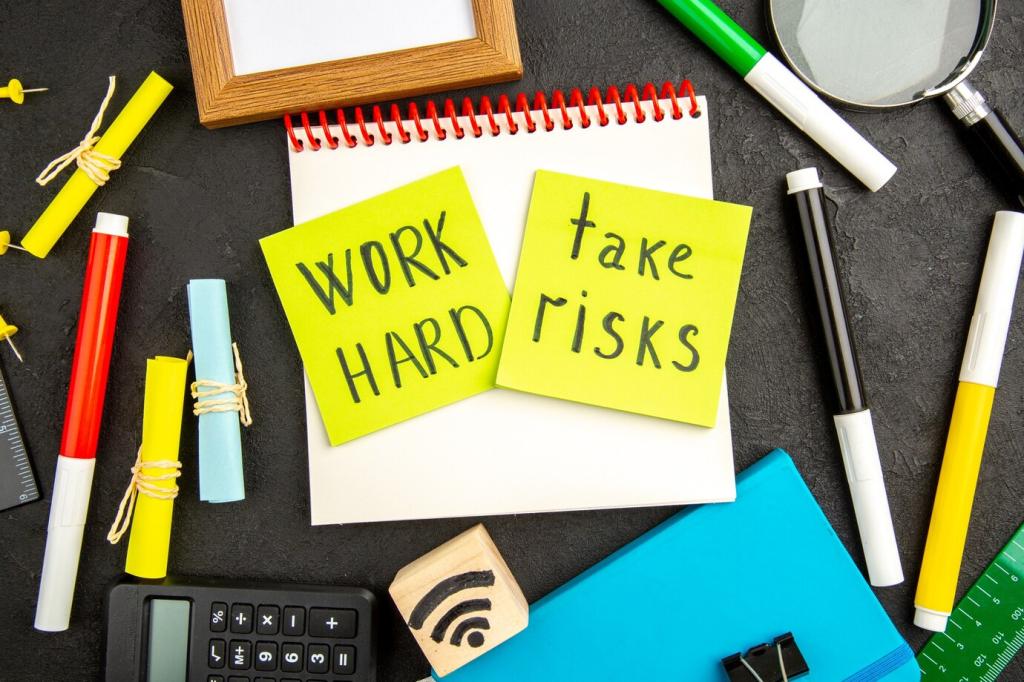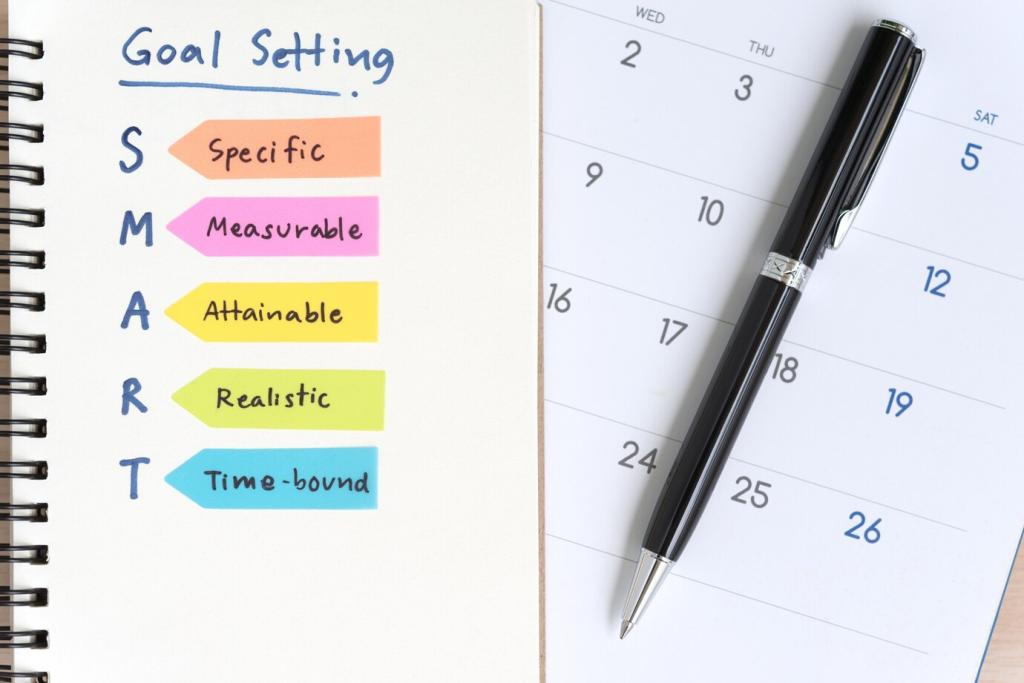Community and Accountability That Stick
Announce what you will complete this week, but track the numbers privately to reduce performance anxiety. The social contract adds just enough pressure while preserving the freedom to iterate on your process without external noise.
Community and Accountability That Stick
Summarize one lesson you learned about self-discipline and share it with a peer or online. Teaching cements understanding and raises the bar for your own behavior, because your identity begins to align with the standards you promote.











